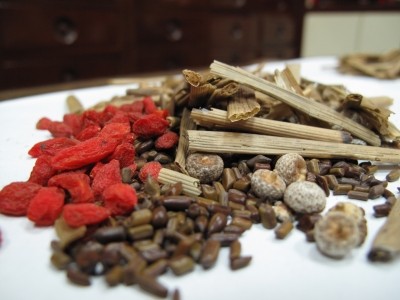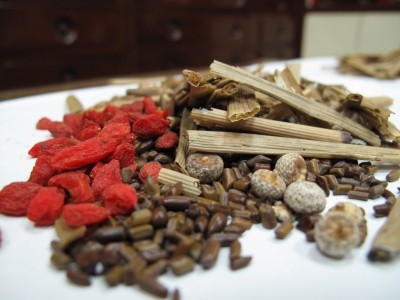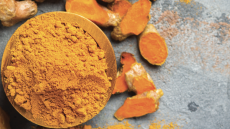Botanicals and diabetes: Which products show the most promise to help ease Asia's epidemic?

That is the view of researchers from the University of Macau, who assessed existing herbal products and secondary metabolites often used to treat type 2 diabetes, in order to report on their active compounds and glucose-lowering mechanisms.
They found that certain herbal supplements can alleviate nutritional deficiencies in type 2 diabetes patients, though there is still not enough medical information and relevant scientific evidence regarding their safety and efficacy.
The worldwide prevalence of diabetes among adults has grown by almost 100% since 1980 and will continue to spread. Both South East Asia and China are experiencing significant increases.
Among the botanicals most often used to aid in managing blood glucose are bitter melon, cinnamon, fenugreek, garlic, ginger, ginseng, psyllium, and Russian tarragon, several of which have been touted as more effective than the others.
Fenugreek
Fenugreek seed consumption was found to significantly alter fasting blood glucose, with pre-diabetics seeing a rise in their insulin levels in recent studies. However, while several clinical trials have suggested that fenugreek seeds improve glycaemic control in diabetics, studies with better methodological quality are necessary for more conclusive proof.
Ginger
Ginger was found to improve insulin sensitivity, as well as to lower total cholesterol and triglycerides in type 2 diabetes patients. An RCT conducted on type 2 diabetes patients who had not received insulin showed that ginger supplementation significantly reduced serum triglycerides and had a minor beneficial effect on serum glucose.
Ivy gourd
Clinical trials have attested to ivy gourd's ability to lower blood sugar and control hyperglycaemia; the researchers called data from animal and human trials "promising" and worthy of future studies.
Psyllium
Psyllium is said to significantly decrease of glucose absorption and lower total and LDL cholesterol, making it useful for the metabolic control of type 2 diabetes patients. It is also believed to delay gastric emptying and delay glucose access to the small intestine.
Russian tarragon
A recent RCT found that Russian tarragon significantly lowered systolic blood pressure and total insulin secretion, as well as significantly raised HDL cholesterol levels. Earlier studies said it lowered glucose and insulin levels in animals, and improved "insulin-signalling in primary human skeletal muscle cells".
Clinical studies
Additionally, some flavonoids are believed to obstruct glucose absorption, though “in-depth studies to validate the efficacies and safeties of extracts of these traditional medicinal plants are needed, and large, well-designed, clinical studies need to be carried out before the use of such preparations…recommended for treatment and / or prevention of diabetes”.
The researchers raised concern over type 2 diabetes patients being administered over-the-counter dietary supplements that have not been proven effective for their condition, saying that due to limited knowledge on the subject, more studies into “identifying active ingredients of several botanicals and their extracts with reported antidiabetic activity” and revealing how they work are necessary.
They also stated that the problem of significant bioactivity loss in orally consumed phytochemicals must be taken into account, adding that novel and natural delivery systems are being developed to solve the problem.
They concluded that as the incidence of diabetes rises, there is a growing need for effectively anti-diabetic phytochemicals, with the anti-diabetic properties of plants or their constituents “providing a great pool of potential effective and safe drugs for (the) prevention and management of diabetes”.
Source: Frontiers in Pharmacology
https://doi.org/10.3389/fphar.2017.00436
“An Overview of Herbal Products and Secondary Metabolites Used for Management of Type Two Diabetes”
Author: Ajda Ota, Nataša P. Ulrih


















